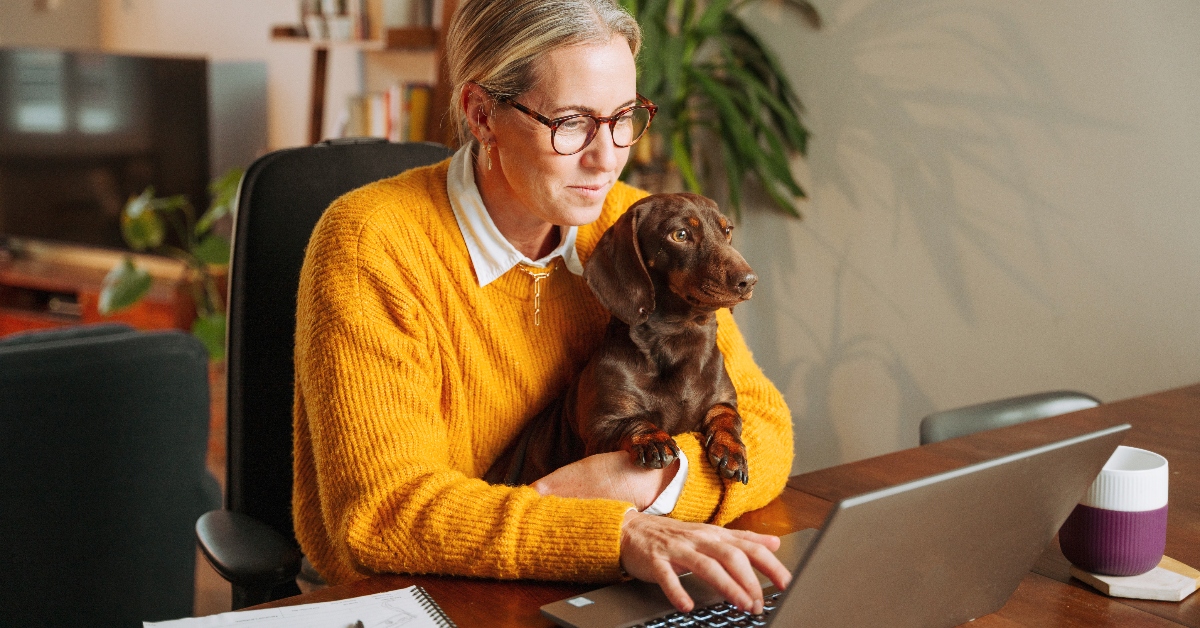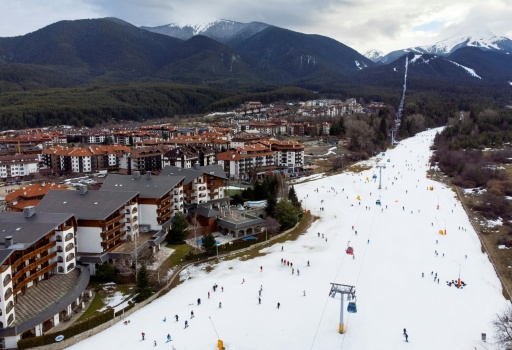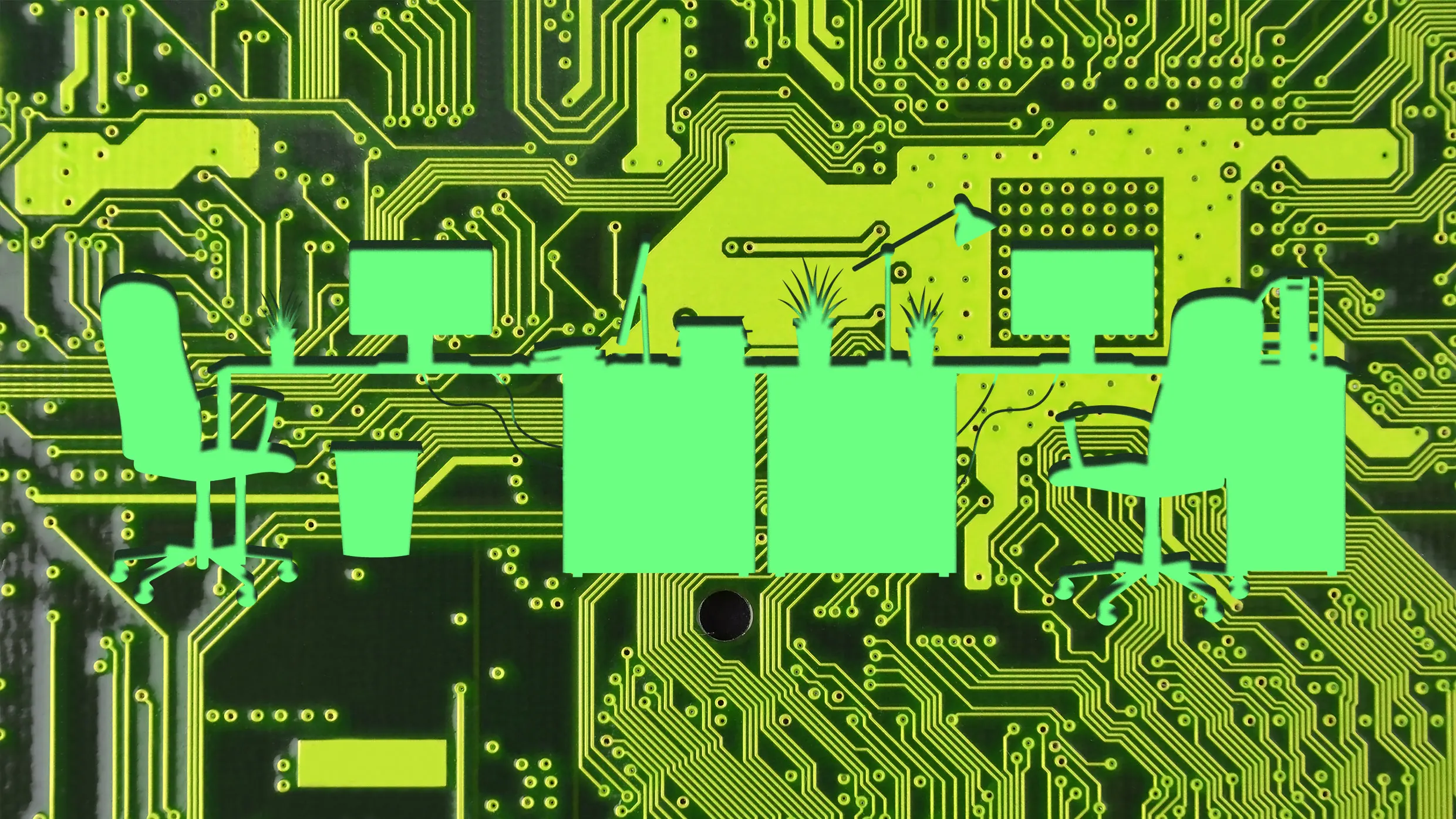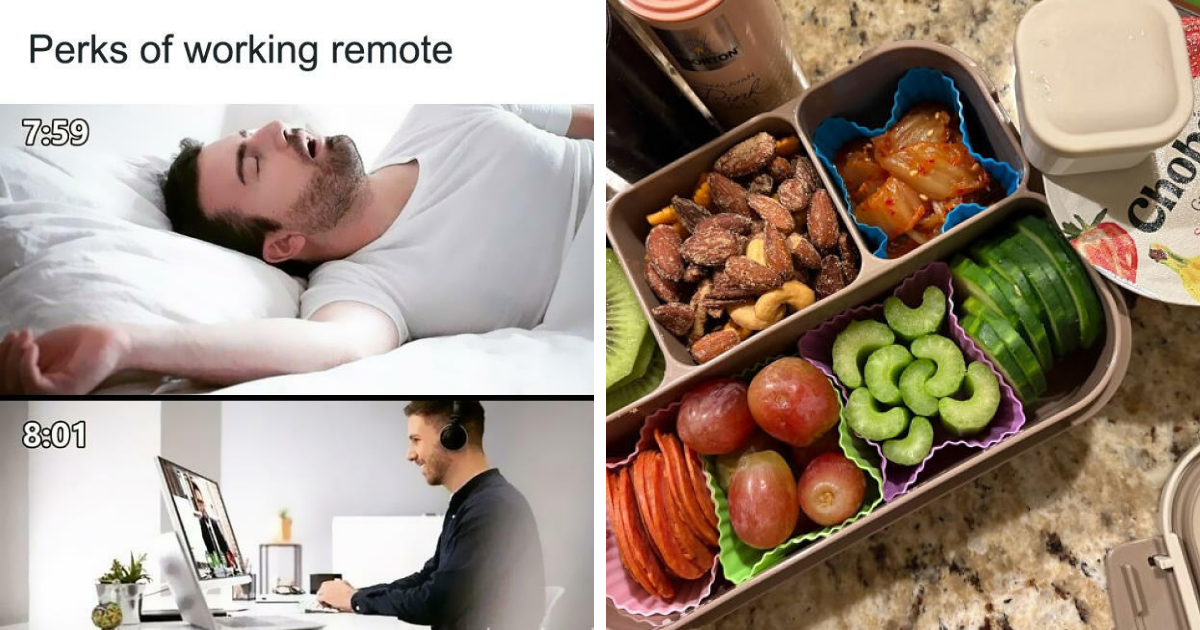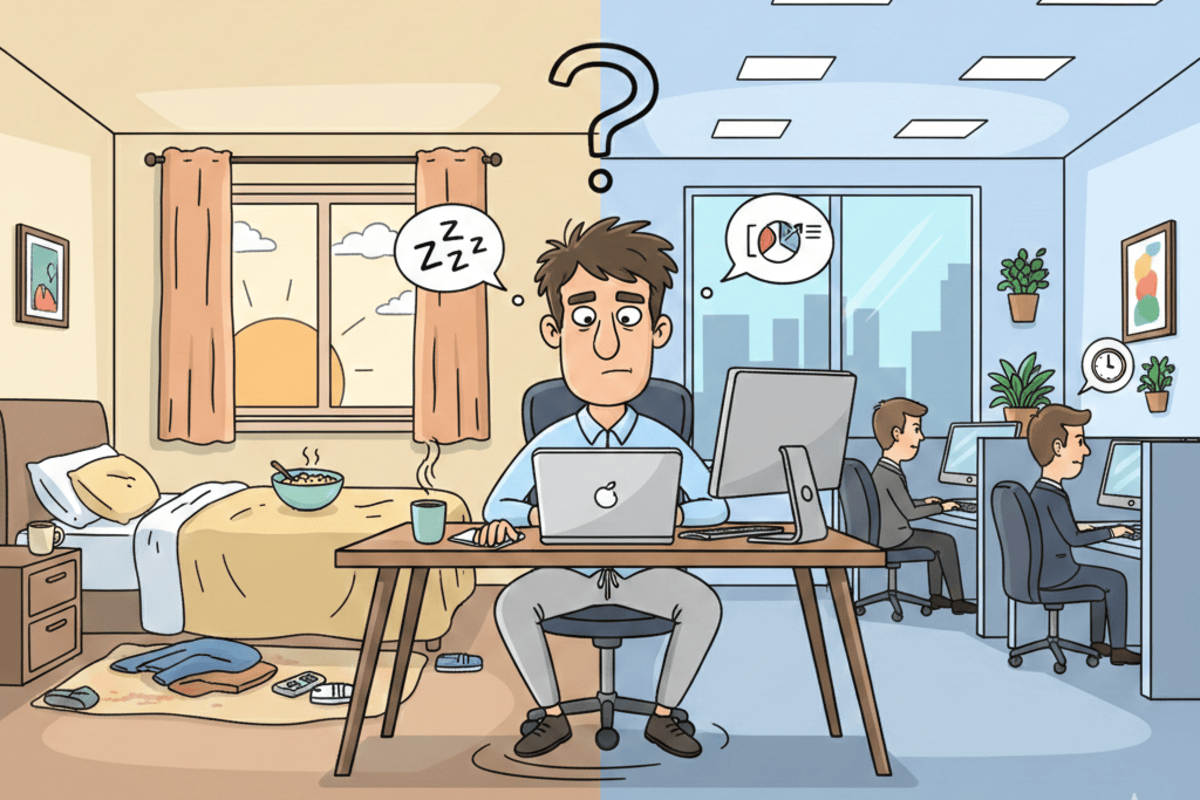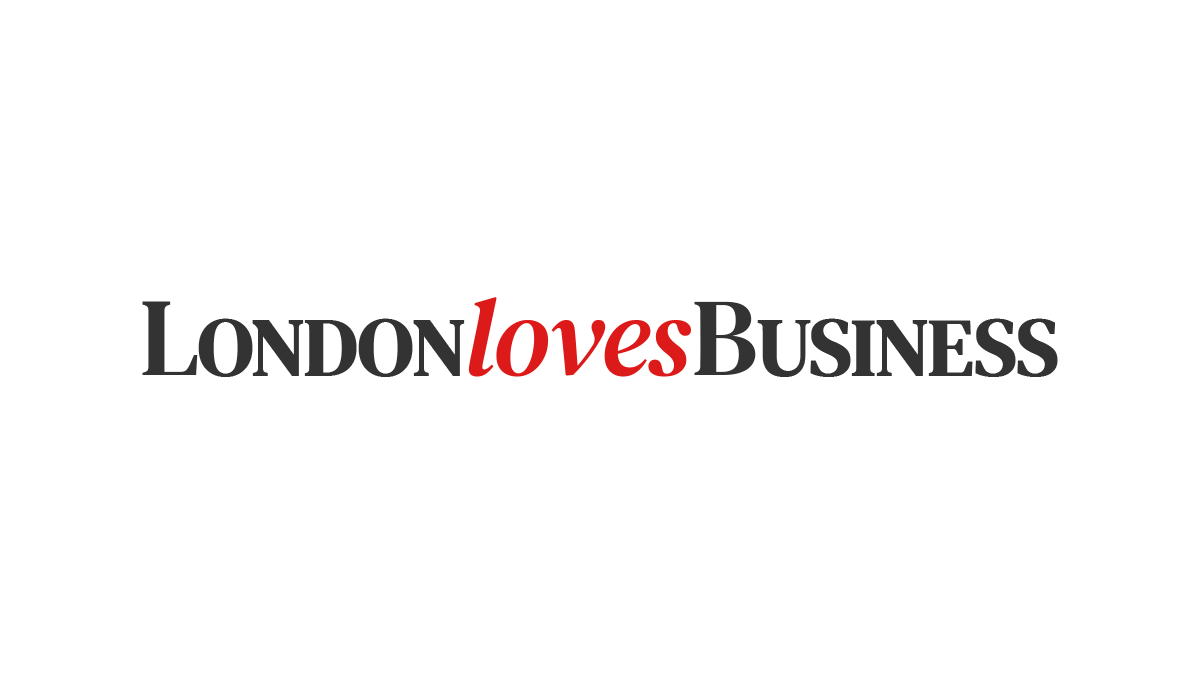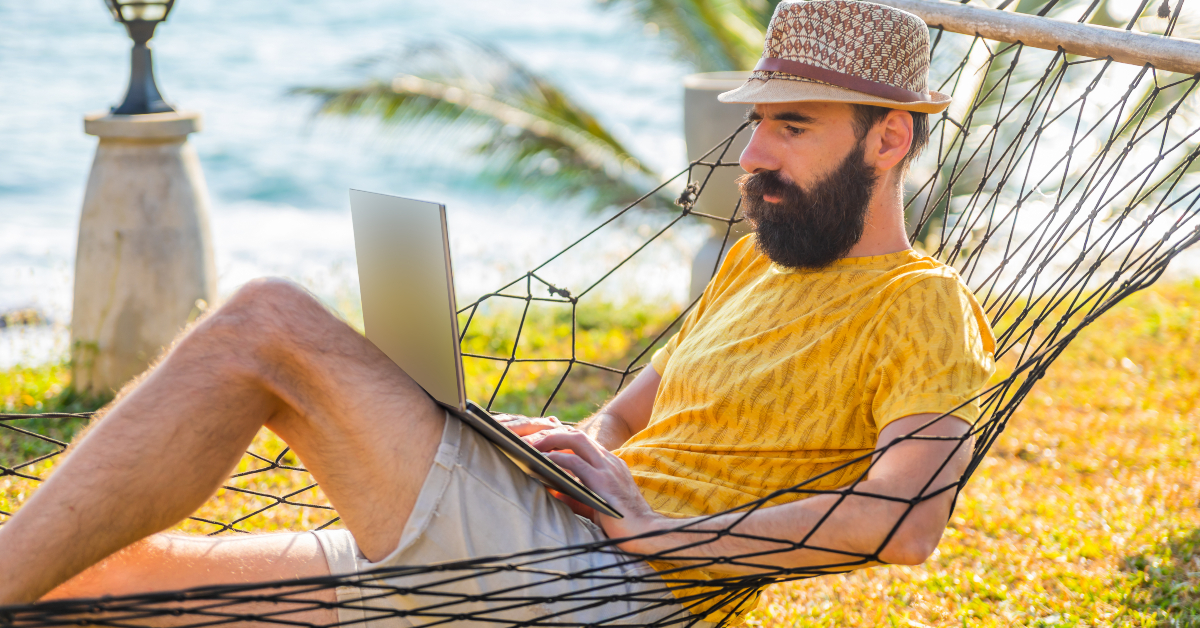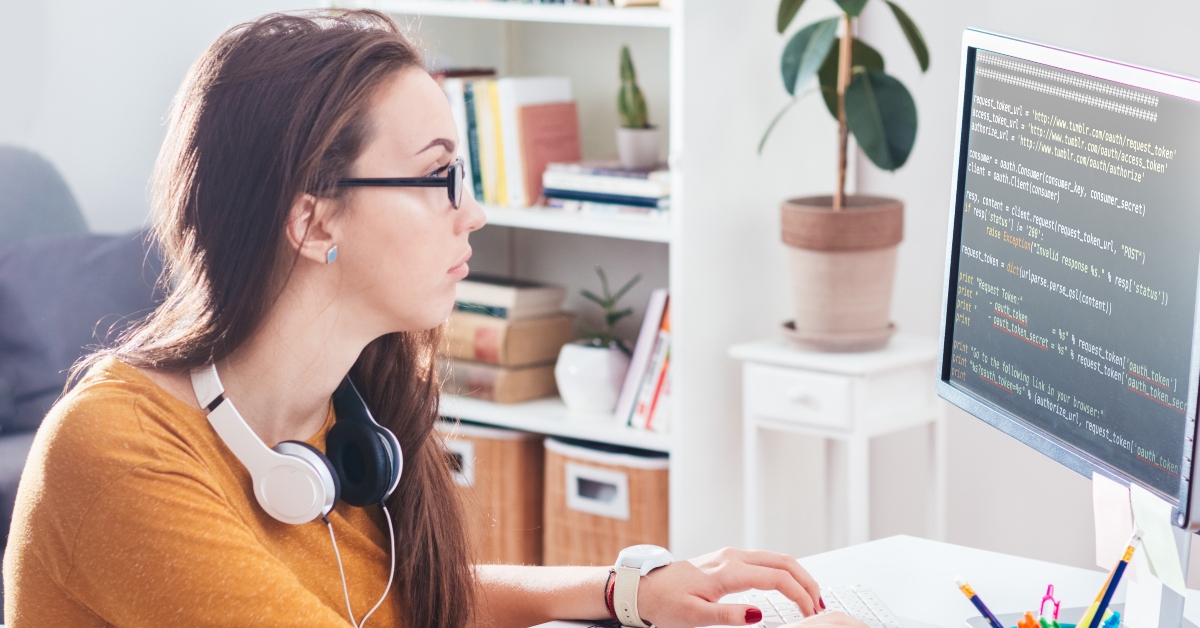fromIPWatchdog.com | Patents & Intellectual Property Law
1 week agoHarrity & Harrity is Seeking a Patent Attorney / Patent Agent - Electrical & Mechanical Innovations
Harrity & Harrity is looking for experienced patent attorneys and agents who want a smarter way to practice law. Our practice is built around streamlined workflows, custom AI and automation tools, and a data-driven approach that keeps the focus where it belongs: on quality, strategy, and client service-not busywork or billable-hour math. You'll work on high-value patent portfolios for top-tier technology companies while enjoying true flexibility, strong support, and meaningful autonomy.
Intellectual property law






